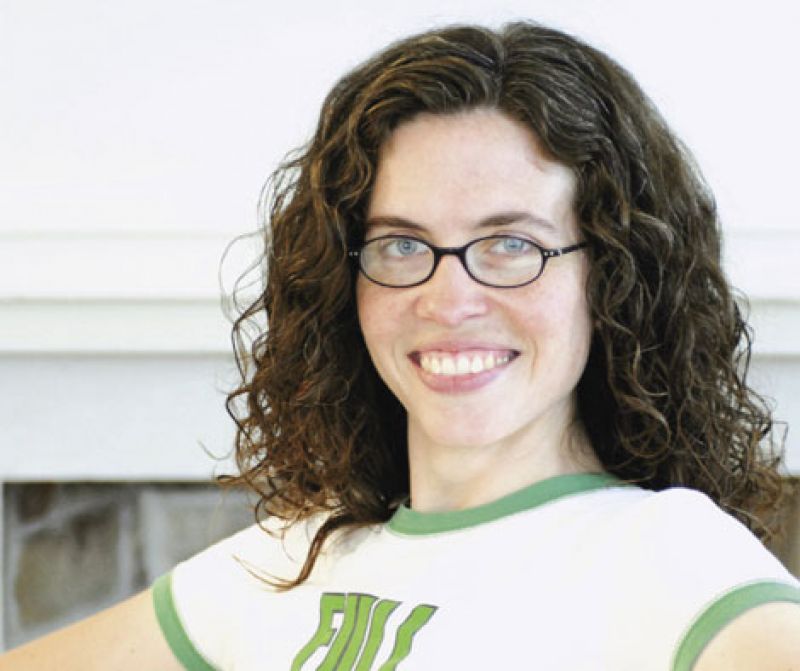
Age: 36
Home: Charleston
Profession: CofC Women’s & Gender Studies Program director and associate professor of English
Passion: “Working to eradicate obstacles that keep people from achieving their full potential”
Find Alison: alisonpiepmeier.com and cofc.edu/wgs
A lively, grrrly buzz is swirling around the College of Charleston, and that’s not just because female students outnumber men almost two-to-one at the historically male school. Much of the positive feminine energy stems from the fact that the school’s dynamic Women’s and Gender Studies (WGS) program is generating dialogue among students and faculty. If this is the era of feminism’s third wave, then Alison Piepmeier is the college’s daring and skilled big-wave surfer.
Piepmeier came to Charleston in 2005 from Vanderbilt University, where she earned her doctorate in English and served as associate director of the Women’s Studies Program. Although CofC has offered women’s studies courses since 1984 and a minor since ’89, Piepmeier is the first full-time director of its WGS program, and she’s wasted no time in taking it to the next level. On average, 80 students are WGS minors, and 1,500 students enroll in the classes taught by 40-some faculty members representing all the academic disciplines, making it the largest interdisciplinary minor on campus. “All the energy was there,” Piepmeier demurs. “Everyone was just waiting for someone with the resources to get the structure together.”
As a wife and mother of 15-month-old Maybelle Biffle-Piepmeier; author of numerous books, including her latest Girl Zines: Making Media, Doing Feminism (NYU Press); professor; and activist, Piepmeier knows all about the struggles for balance, equity, and fairness that have been part of the movement’s history. Her gift and talent is putting an approachable, real, and terrifically funny and friendly face on what it means to be a feminist today, both in and out of the classroom. “Being a feminist means recognizing that men and women are equally valuable—it’s not a radical idea,” she says.